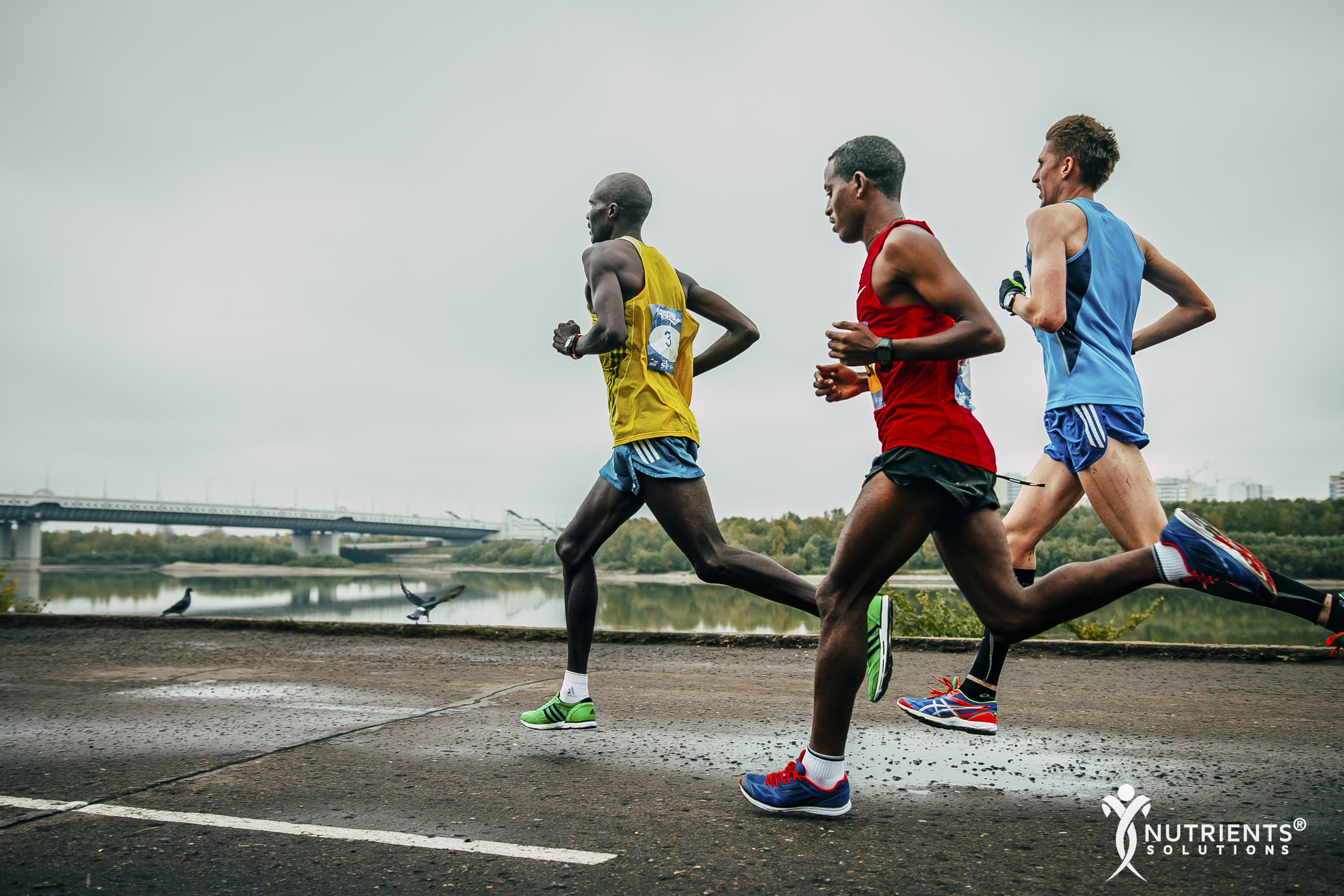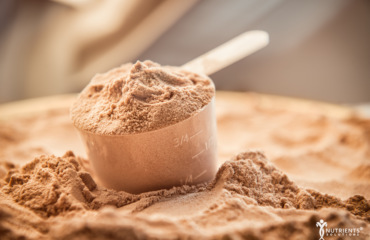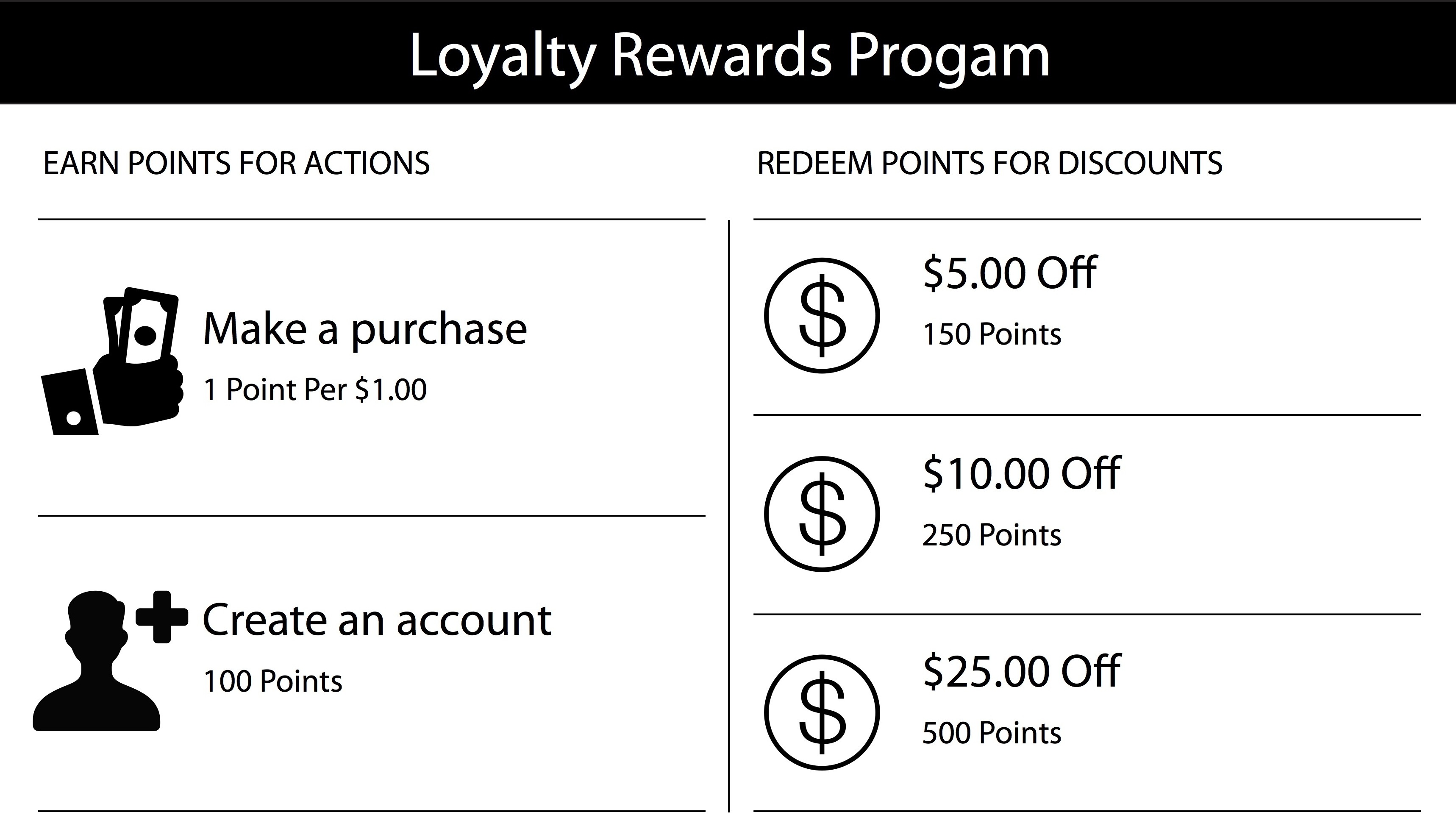Wellness Demystified: We Can Help You Discover Optimum Health
Marathon Preparation Advice You Need to Know

Marathons are one of the ultimate tests for runners of all ages and experience levels, but you’ve got to prepare and train accordingly if you’re going to give your best performance. This article provides some handy marathon preparation advice that will help all prospective runners, come race day, but mainly first-timers. From nutrition advice to hydration and clothing, this guide should help see you over the line.
So, you’ve decided to run a marathon. Running 26.2 miles shouldn’t be taken lightly. It’s a real test, even for experienced athletes. So, you must ensure that both your nutrition and training are on point if you want to maintain energy and finish in a reasonable time (or finish at all). Here are some handy marathon preparation tips that should help you out when the big day arrives.
Scope Out the Event Beforehand
You don’t want to arrive on the day without a strict plan in place. Learning the basics of the race, like where the feed and fluid stations will be, and what they will be offering is essential. You need to know how these things will affect your body, so try out the food and drinks during training (and bring your own if they don’t agree with you). You also want to check what the weather will be like and take a look at the course map.
Avoid the Wall (With Proper Nutrition)
The dreaded wall is something that affects many marathon runners. In fact, as many as three-quarters of all competitors cover the second half of the race at least two minutes slower than the first half. The main reason for hitting the wall is glycogen depletion. Glycogen is a fuel that comes from carbohydrates, and the body can only store a limited amount in the muscles and liver. It’s delivered to the muscles as glucose, which helps to give you the energy you need to run. If you want to ensure that you have enough energy to make it through the latter stages at a good pace, then you need to fuel yourself properly with your diet and nutrition. A balanced diet full of protein, complex carbohydrates, and healthy fats is best, up until a few days before the race.
Consider Carb-Loading Before the Race
Many marathon runners swear by “carb-loading” in the days leading up to the race. This involves, naturally, consuming more carbohydrates to load the muscles up with glycogen and delay fatigue during the race. This doesn’t mean eating far too many calories. It just means ensuring that more of your calories are coming from carbohydrates than the other macronutrients (fats and protein). Make the last large meal your lunch on the day before the race and have something a bit lighter for dinner. On race day morning, have a carb-rich breakfast based on your own preferences—preferably the same foods and at the same time, you’ve been doing in training.
Stay Vigilant with Fluid Intake (But Be Careful of Drinking Too Much)
Getting your hydration right during a marathon is a tricky business. Of course, you want to stave off dehydration and prevent yourself becoming weak and slowing down. But, on the other hand, you can also go too far the other way and over hydrate. Hyponatremia is a condition in which too much fluid intake dilutes sodium levels in the body; the worst-case scenario is brain swelling, which can cause seizures and other serious complications. Therefore, it’s dangerous advice to drink as much water or sports drinks as possible. Recent studies have shown that drinking to thirst or drinking to maintain your body weight could be better advice than previous guidelines. This can be done by measuring your sweat rate during training (weigh yourself before and after and add the volume of fluids consumed—an online calculator might help). Dehydration isn’t ideal, but your body can cope for short periods, whereas the side effects of hyper-hydration can be even worse.
In-Race Nutrition
If you’ve heeded the first point, you’ll know where and how frequent the fuel stations are during the race. As mentioned earlier, you will need to top up glycogen stores, which probably won’t last you to the end of the race, even if you’ve been carb-loading beforehand. There are plenty of energy bars, gels drinks, and many other products containing carbohydrates, which are quickly absorbed and used for fuel. Take them at regular intervals, but not too close together—otherwise you risk stomach discomfort. Everyone will have their preferences, so see what works for you during training and try and mimic this during the actual marathon.
Choose Your Gear Wisely
You don’t really need that much running gear for a marathon—a good pair of shoes is essential though (unless you’re an advocate of barefoot running—but that’s for another article). Make sure the rest of your garments are made of technical fabrics, with moisture-wicking properties to ensure that the sweat doesn’t stay on you and start to cause chafing. Specialist running socks are a good idea too and can help reduce blisters—although most people won’t escape without any. You might also consider sunglasses on sunnier days and hydration belts or packs.
Good Luck!
This article scratches the surface when it comes to marathon preparation, but these are some general tips to keep in mind when you’re running the big race—whether you’re doing so for the first time or you’re a veteran. The race itself requires dedicated training if you want to do your best on the big day. Things like pacing will be unique to you and your age, gender, ability, and performance in training. The marathon preparation advice above is a good starting point for helping you to get ready. With some extra research and a lot of dedication, you’ll have a great showing on race day.
© 2019 Nutrients Solutions, LLC. All rights reserved. Disclaimer: The information provided is for educational purposes only and does not constitute medical advice. Always seek the advice of your physician or qualified healthcare provider with any questions or concerns about your health. Check with your doctor before beginning any exercise program. Never disregard or delay seeking medical advice because of something you have heard or read in this article or the internet.












